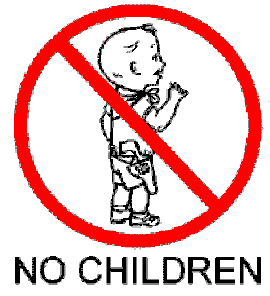By: Robin Hadley

Rather than me bang on academically about why the myth that fatherhood doesn’t mean much to men. I thought it would be better to share the men experiences. The following extracts are from men I’ve interviewed and things men have said to me. Names have been changed to protect the men’s identity.
At school, Shane, aged 10, was asked what he wanted to be, “I said I wanted to be a Dad and everyone in the class started laughing.” As he grew up Shane’s (33) ideas around fatherhood grew in to a solid plan, “I had a very definite idea of how my life was going to be, I was having two kids by the time I was thirty”. A lot of men saw their lives mapped out like David (60), “I expected to leave school, do university, get a job, get married, and have a family.” Ben (60) showed the constraints of the time and doing the ‘right thing’, “I really do want my own children…I wanted that more than I wanted a marriage…”. Older gay men, like Raymond, found any thoughts of becoming a Dad impossible, “I think from about like fifteen years old I knew I was gay, so in my mind even then I knew I would never get married. So I suppose I didn’t even think too much about children because you don’t get married them days you didn’t have children.”
The men’s own experience of their father also affected their desire to be a Dad, “I suppose I saw him as a role model for being a good Dad, enjoying being a Dad. He was delighted to be a Dad. And Iʼd always assumed Iʼd become a Dad” (Phil, 51). Jeremy’s (61) childhood gave him a different outlook, “I know parenting can be better than what Iʼve experienced and Iʼm damn sure because of what I know that I can do a good job of it (Jeremy). Similarly John (59), “If I were to look back on my childhood, I think in some respects – I was not abused as such, but it was aversive in ways…”. Becoming a father for Jeremy then would, “…make up for what I hadnʼt experienced perhaps…wishing to provide the opportunity of a good family life.”
What do men see in being a father? Ben (60), “You father a family but you also then have progeny, that your name will be carried on through generations…youʼre contributing to society in that way”. Shane, “You grow with the child, you grow with the wife and you grow with, as a family unit” and Phil, “You know, Iʼd look at my son growing up and remember me relating to my Dad”. While Ernest (34), “Iʼd probably just want to give a child the opportunity to experience the childhood I did really, you know what I mean, I had great fun”. For Marcus it was, “The privilege as a parent of watching a human being grow into a person, a being grow into a person, and you know playing your part in that.” Shane highlighted the difficulty for men in saying they want to be a father, “I am seen a bit strange in the fact that I pronounce or announce that I want to have a baby and in the middle of the office”.
What happened when the assumptions and plans did not happen? Marcus (33), “After that relationship ended when I was 29, I found myself thinking more about children. What surprised me, I think more than anything else, was I thought that means I’ve missed my chance of having a family! I felt really sad and that caught me by surprise to feel a sense of loss about that.” That realisation led to a change in Marcus’s thinking “…and that felt like a huge shift for me – for the first time being able to see myself as a father…and doing it, you know, okay as it were.” Shane viewed his desire to become a biological father as central to relationships ending, “I can literally blame my two divorces on the fact that Iʼve not had a kid and “If I didnʼt want one so much, I wouldnʼt be in the crap Iʼm in”. Ben’s experience showed his inner feelings, “I felt the pain of it, emotionally there was a real gut feeling that you know, arghh…that Iʼm not a father of my own children”.
Quite a few men said they felt like outsiders and ‘off track’ from where they should be, Jeremy: “Thereʼs social expectations, there are media expectations, but when one doesnʼt fit in to those expectations, then one doesnʼt fit”. Consequently he thought, “There is an expectation that if you married at a certain age you got children and if you don’t then somehow there’s a blankness, there’s an emptiness in terms of…how you then relate to people who do have children…”. Jeremy saw this as being, “I felt out of phase with – I donʼt like the word but normality or the expectations of how, to how life is…”. Not being a father also meant awkward conversations, Jeremy, “ ‘Oh, have you got any children?‘ ‘No.’ There’s a kind of coda to the conversation and sometimes people are a bit embarrassed.” Mike (47) reported, “…people have jumped to the assumption that we have children and I have to say, “Actually we havenʼt got children”.”
There was also an impact on social life, “It isolated me from my peers to an extent because (A) I wasnʼt married and (B) I didnʼt have children” (Ben). This was also seen in different ways, “Single people on their own can be very isolated – families can just assume that you will, you can just muck in and join in, and enter into their world. They donʼt want to enter into yours”. And at social events where children were present, “There were times it was just too painful…one wanted to be away as far from them as possible”. …”. Ben used his job as a route, “I think I became a bit of a workaholic for a time…your own personal life goes on the back burner”. Jeremy also pointed out that, “…but its almost as if other peoples children were just sort of thrust in your face – that it was something that I didnʼt have.” Many men have said they feel a sense of loss about not being a father: “I was very, very depressed last year, suicidal…” (Shane). While for Ted (42) it was, “It is something like a bereavement where you never get over the situation. Time heals, although time to time it has a go at ripping you e.g. breaking down” and for Graham (60+),“Iʼll just have to go on from here – it is a big hole and a regret.” For some of the men there was also the fact their family name would end, “Iʼm the end of the X family line, really. This is it, it sort of finishes with me” (Mike, 45).
I hope I have shown that for some men that fatherhood is something they do care about and desperately want. You may be thinking, “ Ah! But men don’t talk do they?” Men do talk but generally it is to their partners and in those relationships where they have absolute trust that they will not be humiliated or mocked. The question is, “Why don’t men feel safe to express their desire to be a Dad?” Is the answer society doesn’t want to hear and choses not to listen?
Technical stuff. I would like to thank all the participants who have taken part in my various research projects and whose stories I use here. Apart from my MA, MSc, and PhD, some of this material may have appeared in other pieces such as blogs and newsletters. Some of the quotes have definitely appeared in the following papers:
Hadley, R. A. & Hanley, T. S. (2011). Involuntarily childless men and the desire for fatherhood. Journal of Reproductive and Infant Psychology, 29(1), 56-68.
Hadley, R. A. (2012). Navigating in an Uncharted World: How does the desire for fatherhood affect men? Journal of Fertility Counselling, 19(01), 12-13.For details of my work please see my website: www.wantedtobeadad.com
